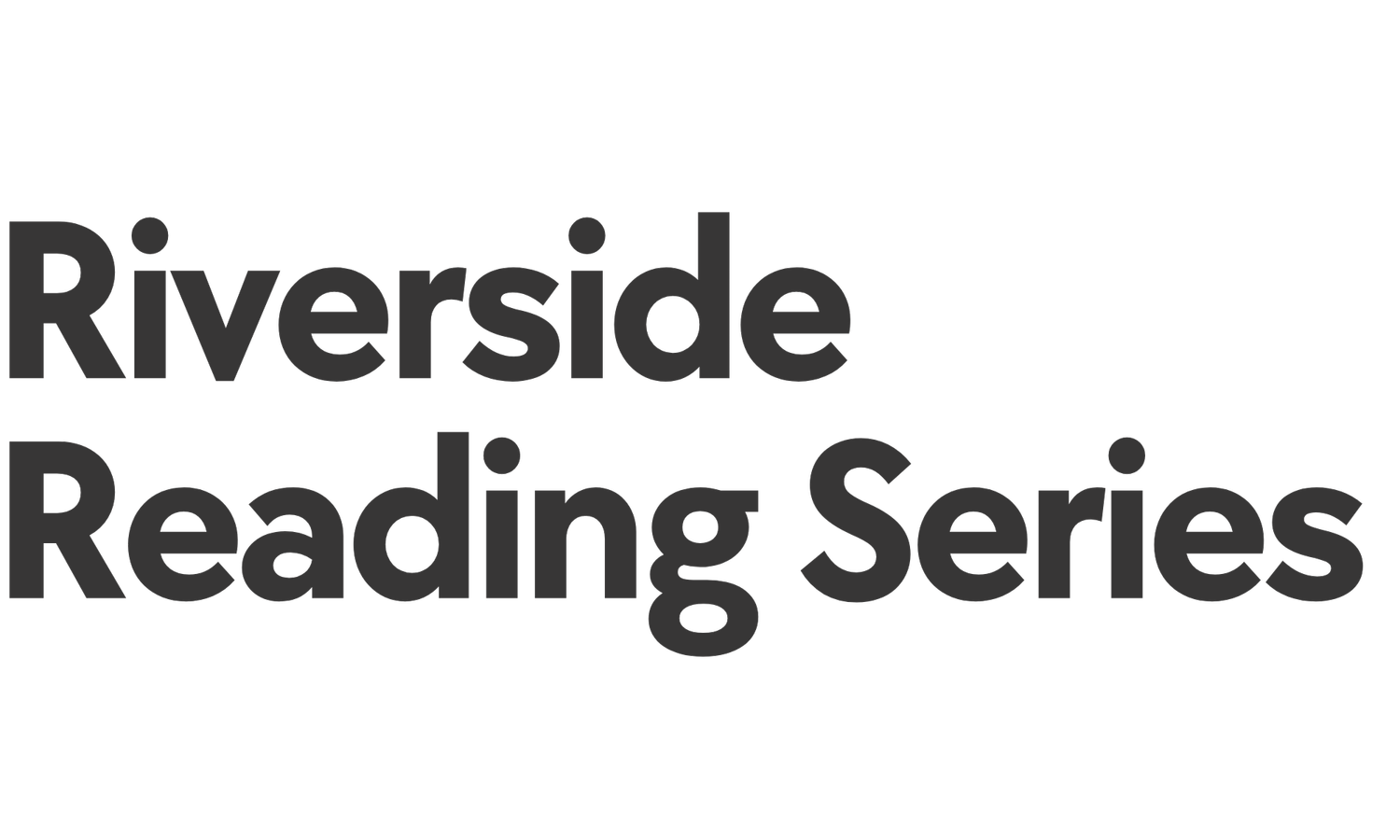archipelago by Laila Malik
Named CBC Books Canadian poetry collection to watch for in 2023
The islands of an archipelago are isolated above sea level but attached underwater; connected yet separate. archipelago, the debut poetry collection from Laila Malik, traces fragments of family, becoming and unbecoming against the shifting shorelines of loss, multigenerational migration, and (un)belonging.
Malik’s lyrical poems intertwine histories of exile and ecological devastation. Beginning with a coming of age in the 80s and 90s between Canada, the Arabian Gulf, East Africa and Kashmir, they subvert conventions of lineage, instead drawing on the truths of inter-ethnic histories amidst sparse landscapes of deserts, oceans, and mountains. They question why the only certainties of “home” are urgency and impossibility.
At its core, archipelago is a letter to the daughters who come before and after, a quiet disclosure of barbed ancestral legacies that only come into focus through poetry.
Praise for archipelago:
“This is a carefully chosen title—what is an archipelago, if not the geographical expression of multiplicity? archipelago by Laila Malik is the poetic expression of the geographic, then—a host of voices, overlapping, harmonious, discordant, dark, and humorous in turns. Grief can make an island of anyone: these poems can bring you to new shores.”
—Nasser Hussain, author of SKY WRI TEI NGS
Laila Malik is a desisporic settler and writer living in Adobigok, traditional land of Indigenous communities that include the Anishinaabe, Seneca, Mohawk Haudenosaunee, and Wendat. Her work has been widely published in literary magazines and journals, including Contemporary Verse 2, Canthius, The New Quarterly, Ricepaper, Qwerty, Room, Sukoon, The Bangalore Review, and Archetype. Malik’s essays have been longlisted for four different creative nonfiction contests and she was a fellow at the Banff Centre for Creative Arts in 2021 for her novel in progress. archipelago is her debut poetry collection.

